How Proactive Employee Recognition Can Mitigate Union Strikes and Salary Demands
Labor unions play a critical role in advocating for workers' rights, often engaging in strikes to negotiate better wages and working conditions. While competitive salaries are essential, they are not the only factors influencing employee satisfaction. Proactive employee recognition can be a powerful tool in addressing underlying issues that lead to labor disputes. By acknowledging and appreciating employees' contributions, companies can foster a positive work environment that may reduce the likelihood of union strikes and excessive salary demands.
Understanding the Root Causes of Union Strikes
Unions typically resort to strikes when negotiations with employers fail to meet their members' expectations. Common reasons include:
- Inadequate Compensation: Employees feel their wages do not reflect their efforts or industry standards.
- Poor Working Conditions: Safety concerns or lack of necessary resources can lead to dissatisfaction.
- Lack of Recognition: Employees may feel undervalued if their contributions go unnoticed.
- Communication Gaps: A disconnect between management and staff can breed mistrust and frustration.
The Role of Proactive Employee Recognition
Implementing a robust recognition program can address several of these issues:
-
Enhancing Employee Engagement
- Increased Motivation: Recognized employees are more likely to be motivated and productive.
- Sense of Belonging: Regular acknowledgment fosters a stronger connection to the company.
-
Building Trust Between Management and Employees
- Open Communication: Recognition programs often encourage dialogue, reducing misunderstandings.
- Transparency: Clear criteria for recognition can build trust and reduce perceptions of favoritism.
-
Reducing the Emphasis on Salary Alone
- Holistic Satisfaction: While pay is important, feeling valued can significantly impact job satisfaction.
- Lower Turnover Rates: Satisfied employees are less likely to leave, saving costs on recruitment and training.
-
Improving Workplace Culture
- Positive Environment: Recognition contributes to a supportive and collaborative atmosphere.
- Employee Advocacy: Content employees can become ambassadors for the company, attracting top talent.
Implementing an Effective Recognition Program
1. Personalized Acknowledgment
- Tailored Recognition: Customize awards to reflect individual achievements.
- Meaningful Rewards: Offer rewards that resonate with employees' preferences.
2. Inclusive Practices
- Equal Opportunities: Ensure all employees have the chance to be recognized.
- Diverse Recognition Methods: Utilize various forms of acknowledgment, such as verbal praise, written notes, or public awards.
3. Regular and Timely Recognition
- Immediate Feedback: Recognize efforts promptly to reinforce positive behaviors.
- Consistent Schedule: Establish routine recognition events, like monthly awards.
4. Employee Involvement
- Peer Recognition: Encourage employees to acknowledge each other's contributions.
- Feedback Mechanisms: Allow employees to provide input on the recognition program.
Case Study: Improving Relations in a Unionized Workplace
While specific company names are not provided, consider a manufacturing firm that faced frequent labor disputes. By implementing a proactive recognition program, the company observed:
- Reduced Grievances: Employees felt heard and valued, leading to fewer formal complaints.
- Improved Negotiations: Enhanced trust facilitated more productive discussions with union representatives.
- Increased Productivity: Morale boosts led to higher efficiency and output.
Conclusion
Proactive employee recognition is more than just a morale booster—it's a strategic approach to enhancing labor relations. By acknowledging employees' hard work and fostering a positive workplace culture, companies can address some underlying causes of union dissatisfaction. This not only helps in mitigating strikes but also contributes to overall organizational success.
Call to Action
Are you ready to strengthen your relationship with your employees and reduce the risk of labor disputes? Implementing a structured recognition program is a proactive step toward achieving these goals.
Discover how Olive Branch Awards can help you create a customized recognition program that resonates with your workforce. Our solutions are designed to foster appreciation, enhance engagement, and build a positive company culture.
Visit olivebranchawards.com today to learn more about how we can support your organization.

